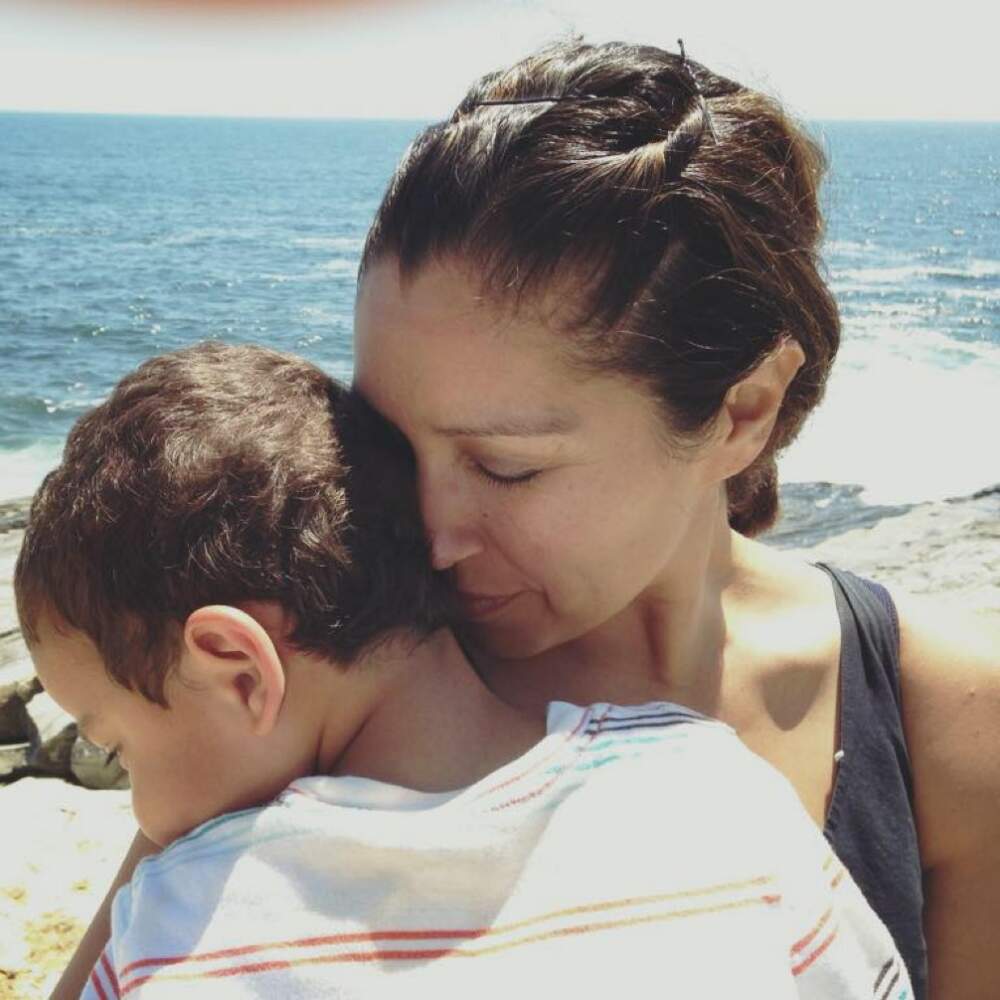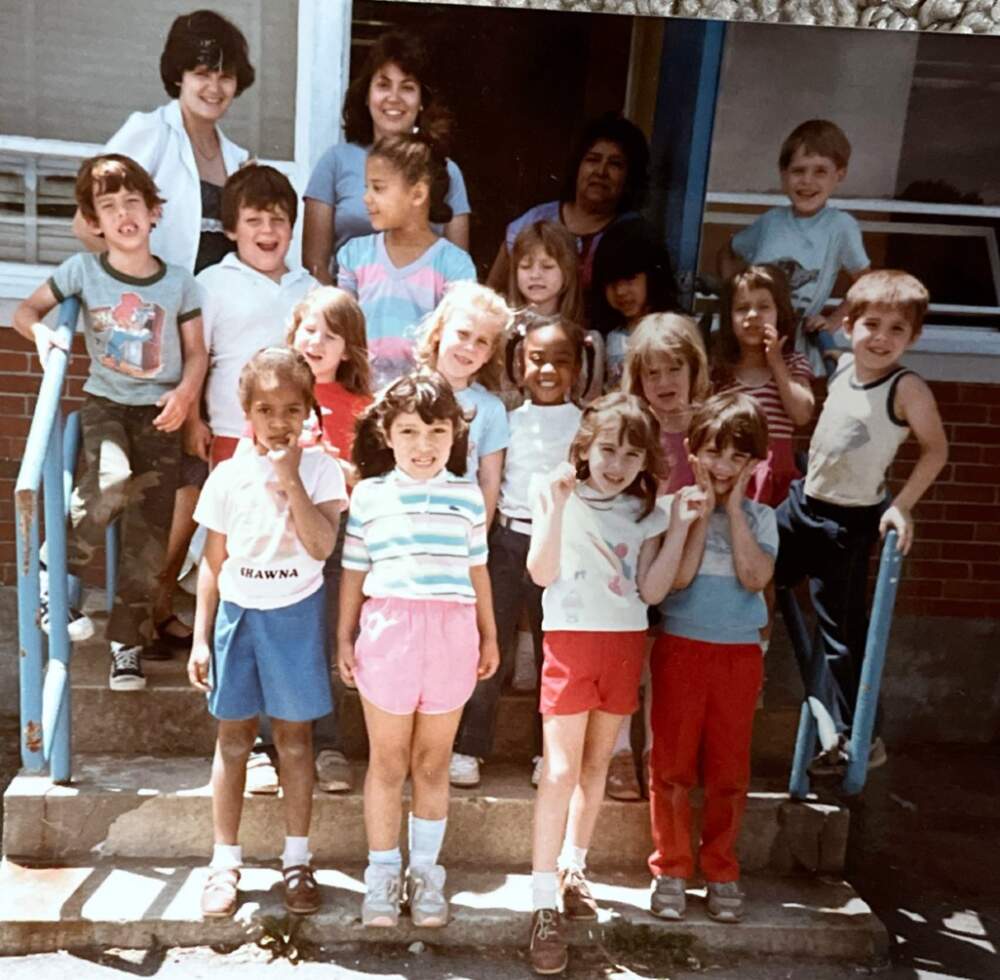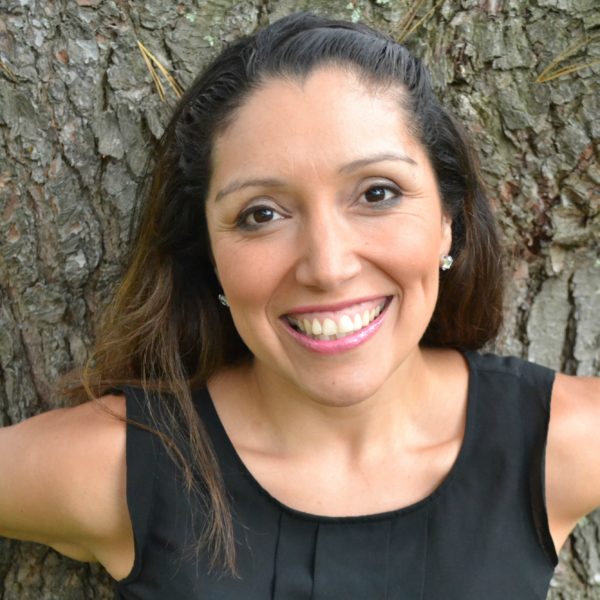Advertisement
Commentary
My son is in every camp imaginable this summer. I want him to love it — and appreciate it

I just dropped off my 10-year-old son at a basketball camp. Whoa, he said upon seeing the massive gymnasium. He is obsessed with basketball. Last week he wrapped a plastic shopping bag around the ball and practiced dribbling on our driveway; it’s a hack he discovered on YouTube — something about helping him develop his grip strength.
My husband and I park our cars in such a way so as not to block the hoop. Our son is all about the three-pointer, the cross-over dribble, the dunk-contest highlights, the stats. Mama, did you know that the most points Jason Tatum has ever scored in a game is 62? And that the NBA record for the most 3-point shots scored in a single game is 12? I did not.
This basketball camp runs one week, and he’s already done a week of soccer camp. There’s also the camp where he spends mornings in various departments as part of a career exploration curriculum — woodworking, culinary, graphic design, welding and even cosmetology. In the afternoon, he splashes in the pool with friends. We have a family vacation on the books, and then he’s off to more camp until school begins in September.
What if how you grew up looks different from how you are raising your own kids? How do we, as parents, reconcile those differences?
I recently told a friend that I wondered if I’d “overbooked” him this summer. I shake my head now, reflecting on how the mere word overbooked is dripping in privilege. It’s literally one of those things I never thought I’d say. Something about it feels so cringey, probably because I worry that in giving my son (and his little brother) these awesome opportunities, it’ll somehow interfere with their ability to relate to my own childhood, and to their grandparents’ lives.
My parents emigrated to the U.S. from Guatemala in the 1970s. They certainly didn’t worry about a crowded summer calendar; they were busy worrying about other things. Was there enough money to send their brothers and sisters, my aunts and uncles, to school? Would everybody be able to get a visa to come to the United States?
The subject of camp has me reflecting on the differences between each generation. What if how you grew up looks different from how you are raising your own kids? How do we, as parents, reconcile those differences? The gap between us? Do we need to?
Put another way: Will my son understand that summer camp is not a human right? Will he know enough about being bored, and how that can yield creativity?

As a kid growing up in a Boston suburb, I attended a state-subsidized summer program (we didn’t call it camp) in a town building with no AC. If I close my eyes, I can picture the tubs of generic brand peanut butter, packets of graham crackers and pineapple juice in large aluminum cans. I also can recall talent shows with kids seated pretzel-style on blue gym mats and field trips to the local convenience store. I hear the contagious laughter and boombox bass and the splat from water balloons in the parking lot. I loved it all — my friends, the teachers, the long hours (I would complain when my parents picked me up before 6 p.m.).
One of the greatest gifts my parents gave me is perspective. Context. Appreciation for the opportunities I have and continue to have. This viewpoint is an integral part of my identity. I realize, too, that my parents placed my sisters and me in this summer program because it was a great one, and the best option they had. As a parent, I aim to do the same.
Advertisement
Summer is for having fun, for being a kid. And I don’t take for granted this ability to choose camps for my son, to take advantage of my flexible schedule (last week parents were invited to a closing ceremony at 11:50 a.m.), or to supply him with the various gear required for each camp (apparently all water bottles are not created equal). But I want him to appreciate it all, damnit.
[By] sharing stories of summers past, and dreams for summers to follow ... he’ll see that his story is part of a larger story.
I want him to understand that summer is not a verb. To grip the ball, yes, but to hold far more, too.
How? The answer, I suppose, is to do what my parents did for me — by sharing stories of summers past, and dreams for summers to follow. In this way, he’ll see that his story is part of a larger story.
I can’t wait to tell him about the summer I spent in a community service program in Zimbabwe, for instance. Or tell him about the summer I was 14 and yes, bored, and therefore babysat for dozens of families and ended up making my own little business.
Or the summer in college when I lived in New York City while interning at Ms. Magazine, how my mom came to visit me and stood on the curb outside Port Authority, shocked, when I hailed a taxi for us as if I’d been doing it my whole life.
I will tell him about the summer I worked three jobs on Cape Cod just to afford rent — as a waitress, a nanny, and a cashier at a produce shop where, after arriving by bike at 6 a.m. I would sit in the walk-in freezer and watch as steam rose from my sweaty skin.
I will tell him that he can grow up and fill the summer in whatever way he wants; tell him to aim for the basket, to appreciate the damn net and then, to keep taking his shot.
